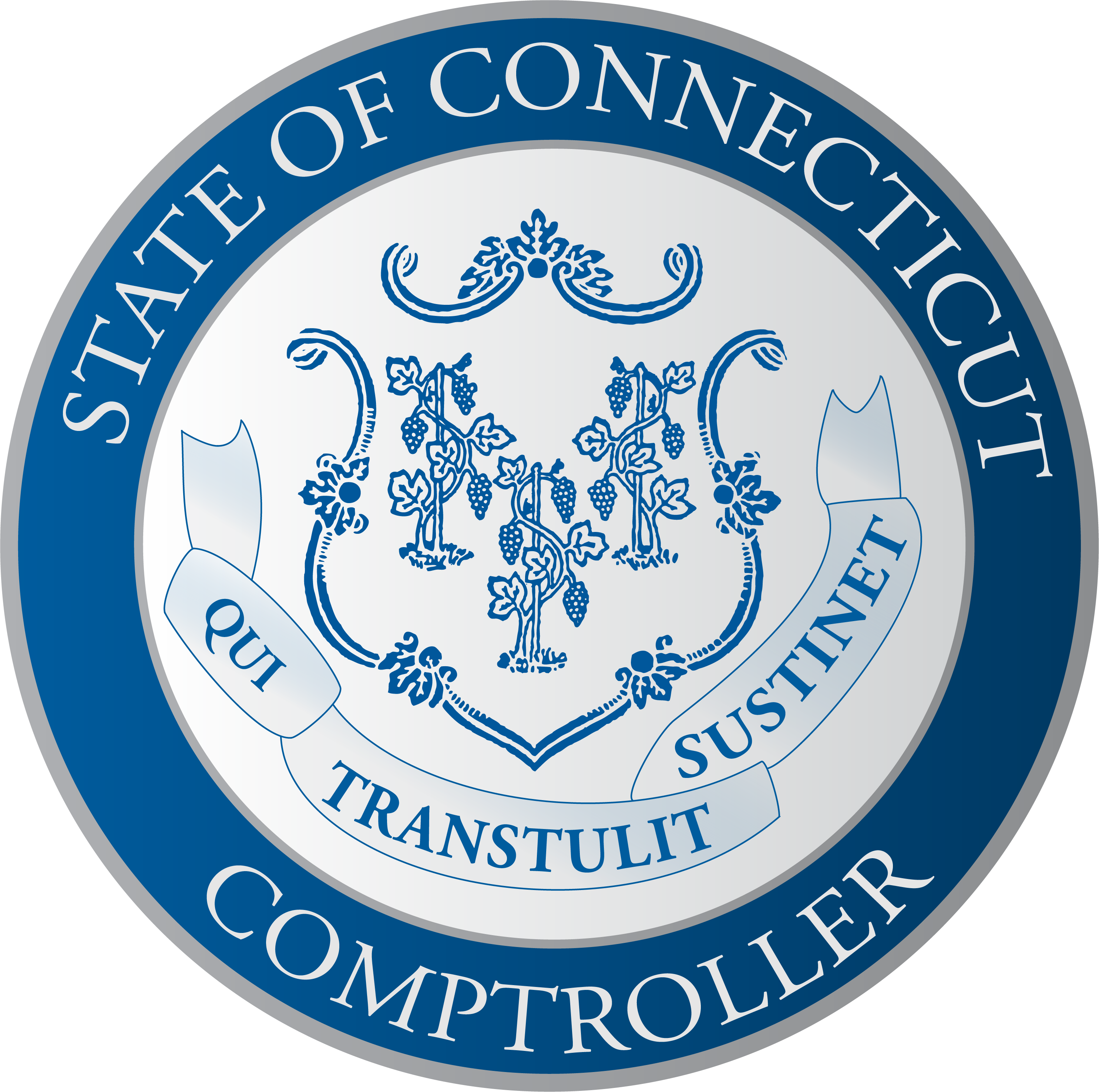When you retire, your monthly benefits from your state retirement plan and Social Security may not fully replace your current income. Defined contribution plans can help you save for a more financially secure retirement. The State of Connecticut’s voluntary retirement plans are defined contribution plans that allow you to save at a rate you choose and make investments you select.
Under the plans, you have the option to make contributions on a pre-tax basis. That means you pay no taxes on the portion of salary you contribute while you’re working, which gives your contributions more growth potential as investments. You may contribute as much or as little as you choose from each paycheck, subject to limits imposed by federal law. Your contributions are invested per your direction. When you begin to withdraw your funds after retiring, your tax rate might be lower than the rate you are paying now.
You also have the option to make contributions on an after-tax, or Roth, basis. If certain requirements are met, Roth contributions and their earnings will not be taxed when you withdraw them after retirement. You can even make a combination of pre-tax and Roth contributions.
All state employees are eligible to participate in the State of Connecticut 457 Plan. Employees of certain state educational institutions may also participate in the State of Connecticut 403(b) Plan.
Click below to learn more about these plans.
The State of Connecticut 457 plan is a voluntary defined contribution plan open to all state employees. The 457 plan gives employees the opportunity to save for retirement, supplementing their mandatory retirement plan. Employees may choose how much to contribute and whether to contribute on a pre-tax basis, on an after-tax basis (Roth), or a combination of the two. Contributions can be elected as a percentage of gross pay or as a flat dollar amount.
Contributions are vested immediately and are deducted directly from the employee’s paycheck. The 457 plan is administered by Empower. For more information, please visit CTDCP.com.
Eligibility: State employees aged 18 or over
Eligibility begins on first day of state employment.
The 457 Plan offers:
Catch-up Option for employees aged 50 and over
Special Three-Year Catchup Option for the final years of employment before retirement
No early withdrawal penalty for withdrawals taken prior to age 59 ½
Loans available to all active employees enrolled in the plan
The funds in your 457 account may be distributed after you terminate your state employment. While employed, you may withdraw funds from your account if you are aged 59 ½ or older, or in the event of an unforeseeable emergency, subject to approval by the plan administrator. In certain circumstances, a member who is still employed may also make a one-time withdrawal of $5,000 or less.
The State of Connecticut 403(b) plan is a voluntary retirement program that is open to employees of certain state educational institutions. The 403(b) plan gives employees the opportunity to save for retirement, supplementing their mandatory retirement plan. Employees may choose how much to contribute and whether to contribute on a pre-tax basis, on an after-tax basis (Roth), or a combination of the two. Contributions can be elected as a percentage of gross pay or as a flat dollar amount.
Contributions are vested immediately and are deducted directly from the employee’s paycheck. The 403(b) plan is administered by Empower. For more information, please visit CTDCP.com.
Only employees of the following State of Connecticut agencies are allowed to participate in the 403(b) plan:
- University of Connecticut, including the University of Connecticut Health Center
- State universities, including the Board of Regents
- Community and technical colleges, including the boards of trustees
- Department of Higher Education
- Department of Education, including the vocational/technical high schools
- Board of Academic Awards
The 403(b) Plan offers:
Catch-up Option for employees aged 50 and over
Special Three-Year Catchup Option for the final years of employment before retirement
Loans available to all active employees enrolled in the plan
The funds in your 403(b) account may be distributed after you terminate your state employment. While employed, you may withdraw funds from your account if you are aged 59 ½ or older, or in the event of a hardship, subject to approval by the plan administrator.
